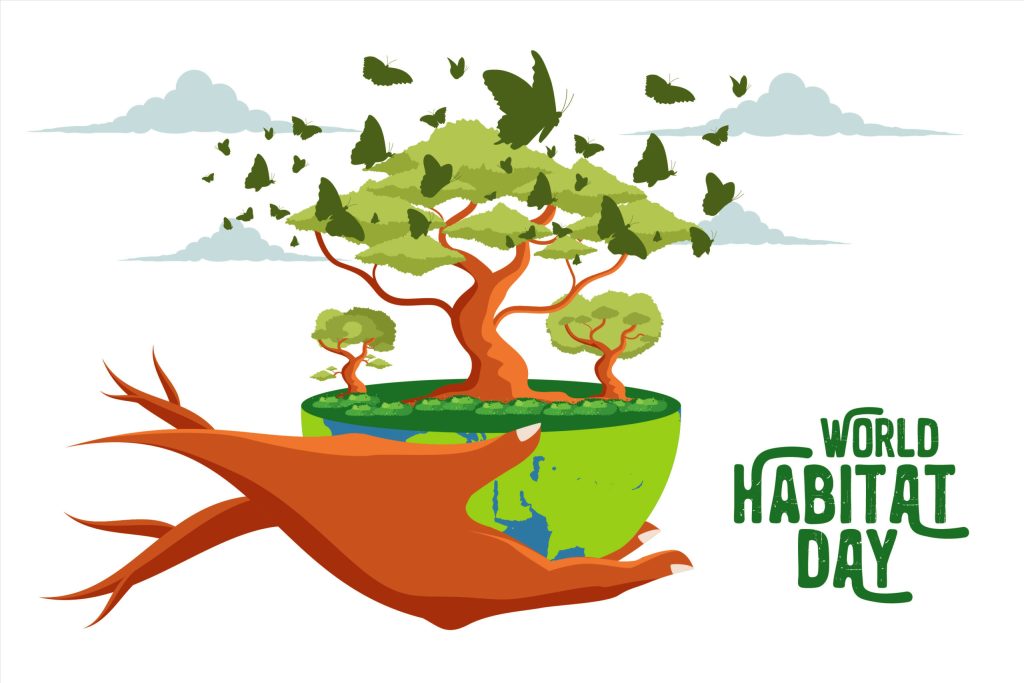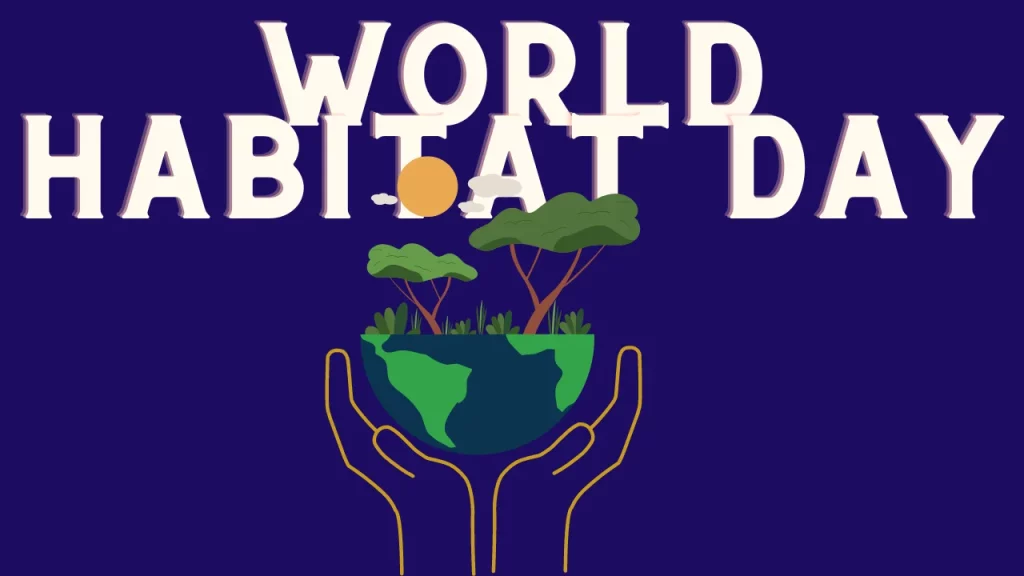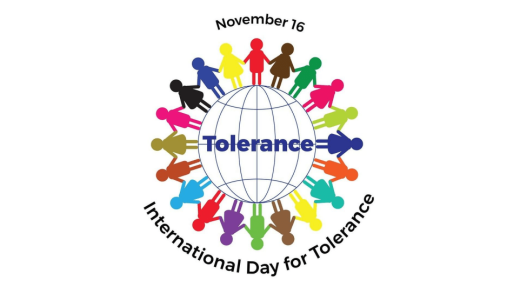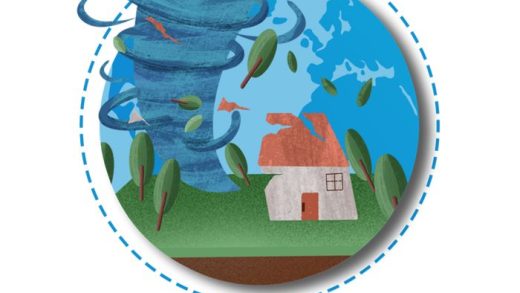The first Monday of October each year is designated as World Habitat Day, a time to focus on the cities, towns, and villages we inhabit. Established in 1985 through a unanimous resolution by the United Nations General Assembly, this day aims to raise global awareness about human settlement issues. It calls on governments and societies worldwide to work together to improve and develop living environments.

Human settlements are more than just steel-and-concrete structures; they are places where we live our lives—working jobs, raising families, building communities. A safe, healthy environment with dignity is one of our most fundamental needs—it underpins personal growth and societal prosperity. Yet today’s world sees hundreds of millions enduring dire conditions: overcrowded slums without clean water or sanitation facilities; areas prone to natural disasters; remote villages with inadequate infrastructure—issues severely impacting health, safety, education opportunities, and livelihoods.
World Habitat Day shines a light on these pressing problems. It reminds us that housing isn’t merely about having four walls and a roof but encompasses dignity, privacy, security—and the ability to integrate into society. It calls for united global efforts toward solutions for those lacking adequate housing.

Addressing these settlement issues requires joint responsibility from both governments and society at large. Governments must create policies supporting affordable housing construction along with urban planning and infrastructure projects; social organizations plus businesses can engage in community improvements; individuals can contribute through awareness-raising initiatives supporting better living environments.
Each year’s World Habitat Day features a specific theme highlighting urgent or representative settlement issues—from sustainable urban development or climate change impacts on habitats—to urban poverty or protecting housing rights—guiding global discussions towards progress.


